Insights from the saddle
Stay sharp with our latest training, nutrition, and mindset tips – straight from the Njinga coaching team.
Train smarter. Ride strong. Live fully at any age.
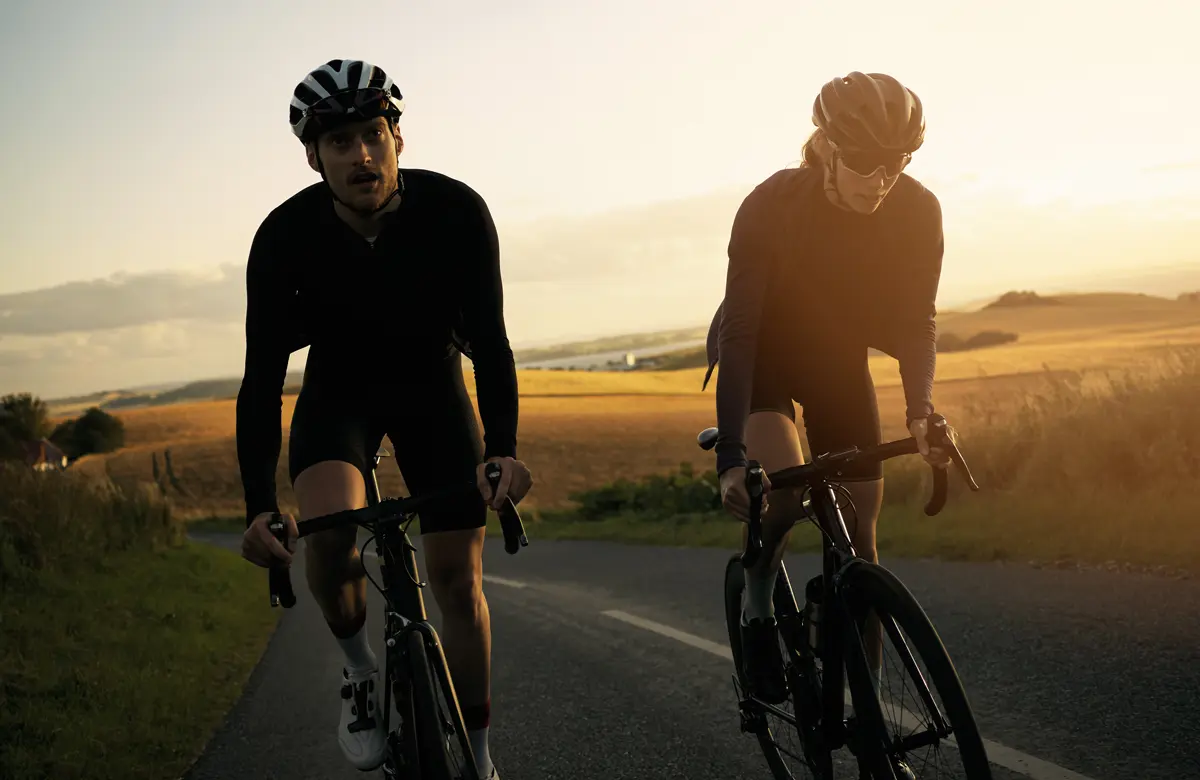
All Insights

It’s All About the Base: The Simple Power of Zone 2 Training for Cyclists
Discover why Zone 2 training isn’t just "easy riding". It’s the hidden secret to building lasting endurance, stronger climbs, and smoother recovery. Unlock the simple science that turns steady rides into serious fitness gains and gives every cyclist a powerful, sustainable aerobic base.
Indoor Training
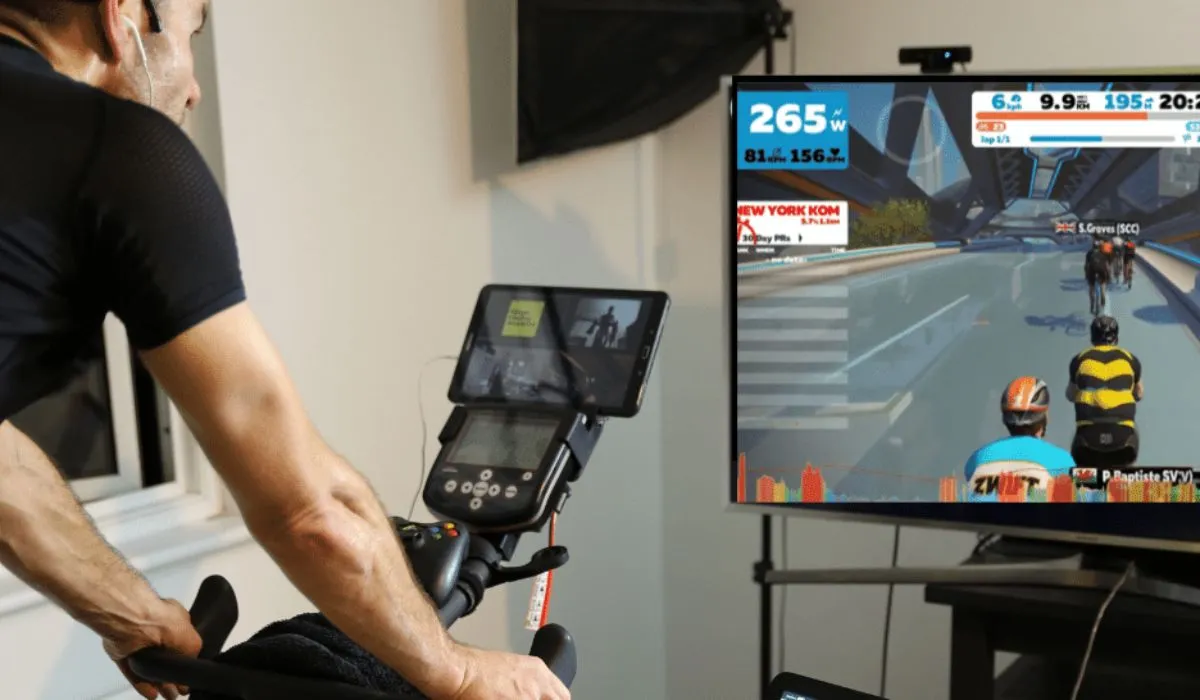
Why We're Not Zwift (And Why That Matters)
Have you been training hard on Zwift but not getting faster? You’re not alone. Discover why real progress takes more than data and how our "human-first" coaching helps cyclists break through plateaus and achieve real, measurable gains.
Indoor Training
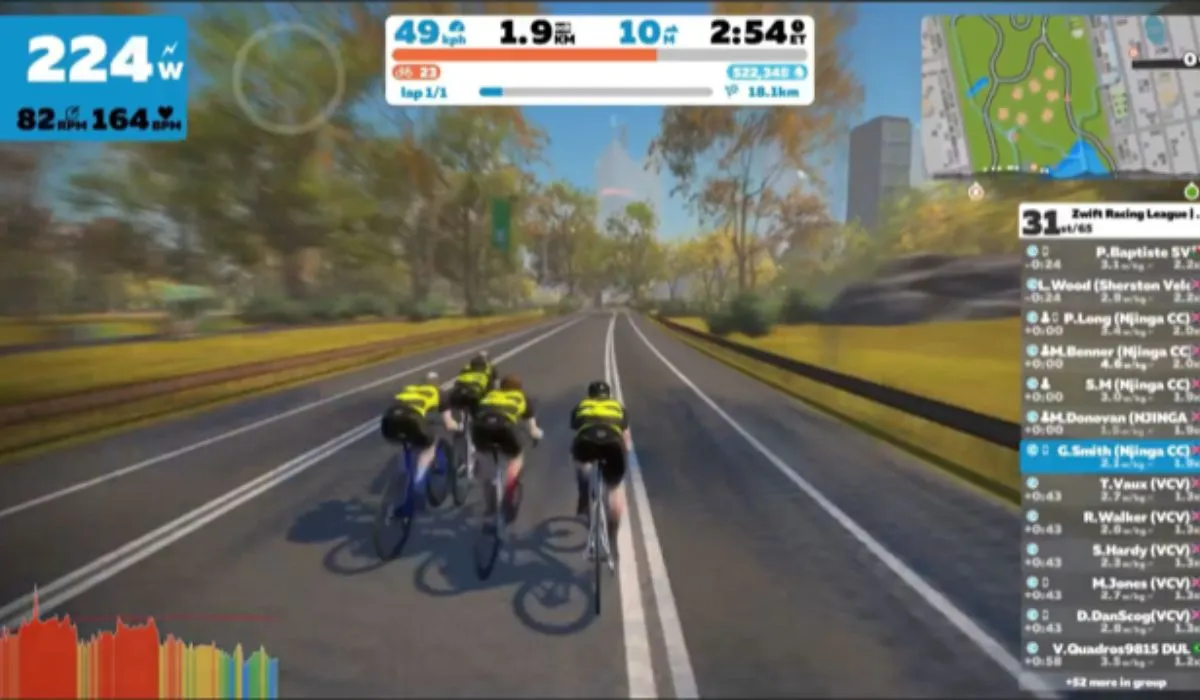
Join Our Online Cycling Community
Join Njinga Zwift Racing – a friendly, inclusive Zwift team, racing WTRL Zwift Racing League (ZRL). Have fun, get fitter, and ride with supportive teammates. All levels welcome.
Zwift Racing
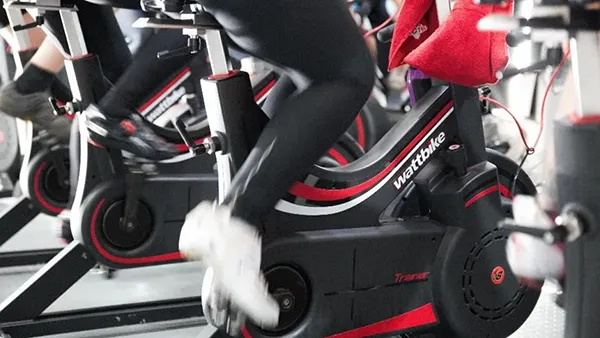
What Your Pedal Technique Says About Your Cycling
Pedalling may be second nature to you, but have you actually considered how your pedal technique can affect your performance?
Pedal Technique
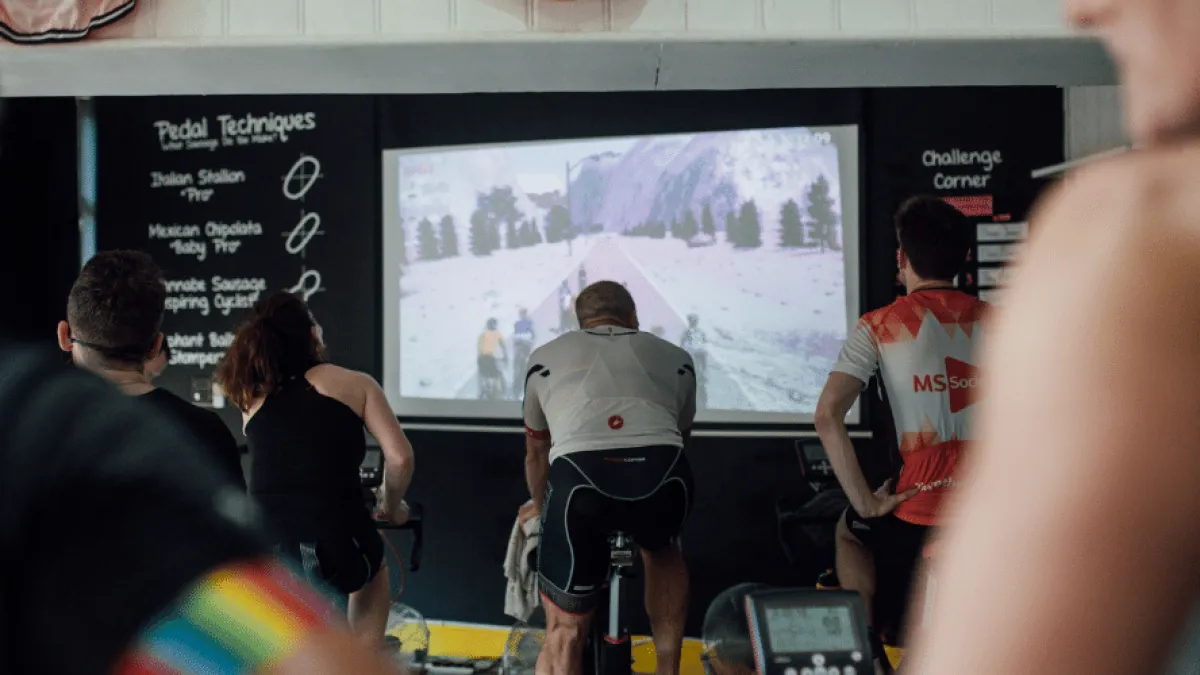
Why Over and Under Training Will Make You a Faster Cyclist
Find out more about our Njinga Over and Under Training session - A great way to boost your FTP whilst preparing you for accelerations out on the road.
Indoor Training

Ride Longer and Faster: Our Top 10 Tips for Building Endurance
Our top recommended tips for improving your endurance on the bike.
Train Smart
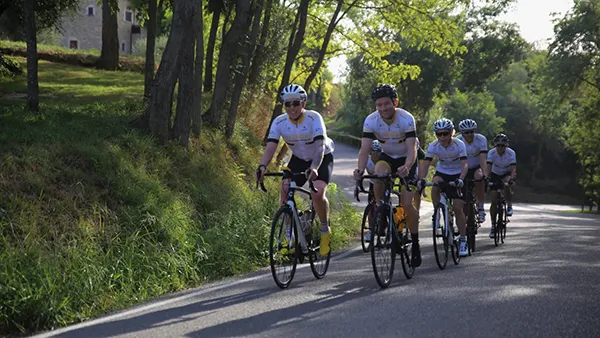
12 Cycling Events to Conquer in 2024
Whether you're into multi-day events, lesser-known adventurous challenges, or the thrill of gravel events, there is something for everyone.
Ride Smart
Events
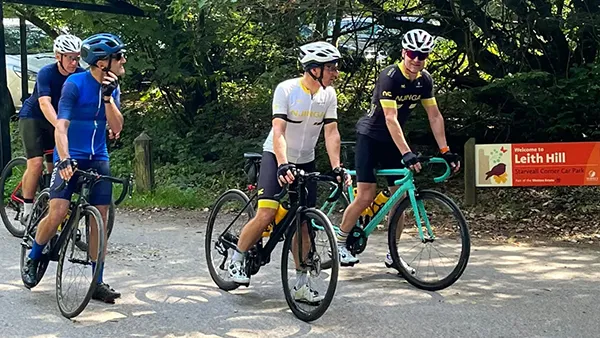
Taking on the Leith Hill Octopus
Discover how our riders fared against the Leith Hill Octopus.
Ride Smart
Events
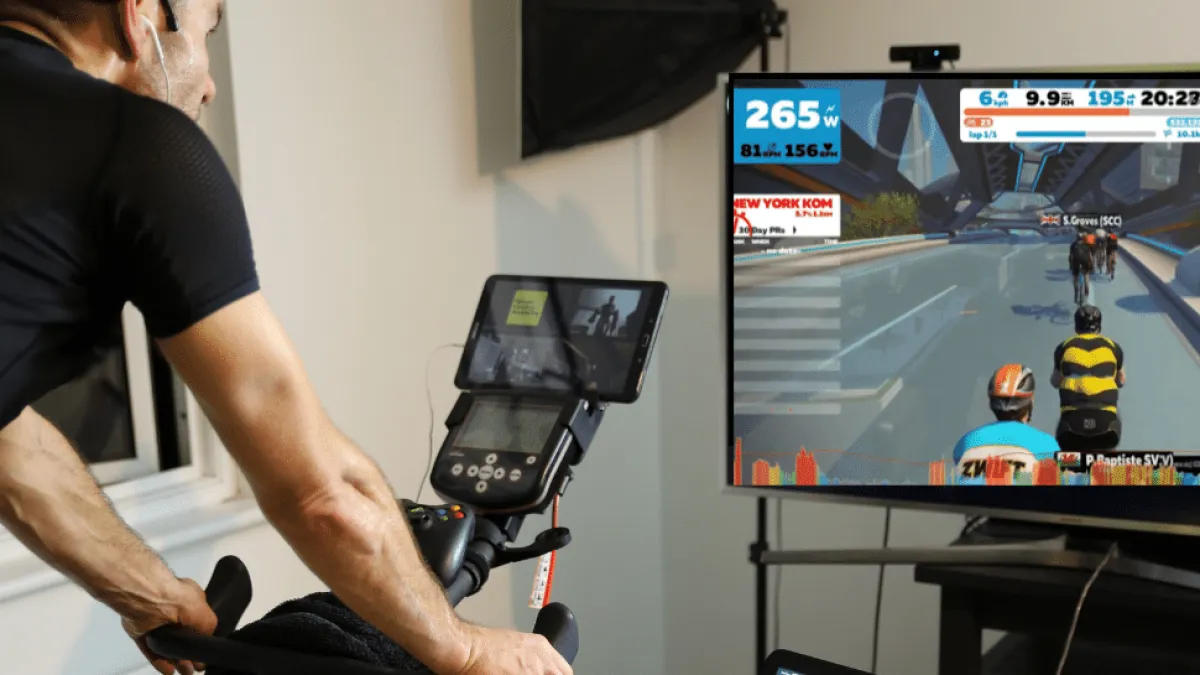
Zwift Racing Tips to Ride Smart
To ensure you are fully prepared for your next Zwift race we have put together our Njinga Pro Tips to ride smart on Zwift.
Ride Smart
Ready to push your power further?
Our next FTP Training Block kicks off 13 October 2025.
Join our coach-led group to boost your FTP, train with structure, and feel stronger in just 8 weeks.
Limited spaces · 8-week block


